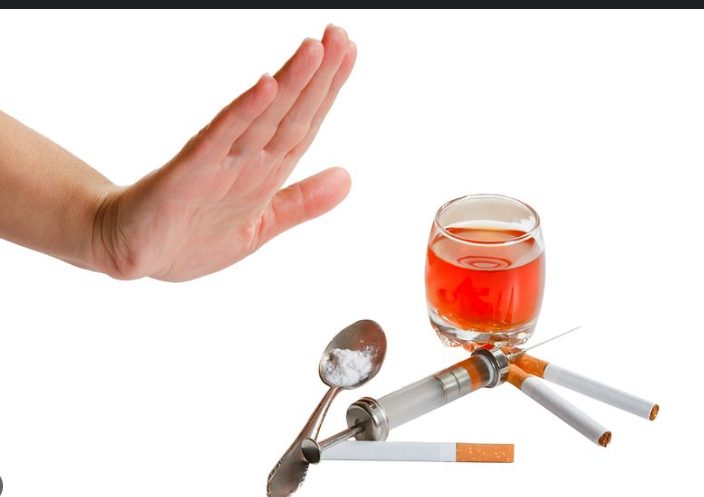
Recovery from alcohol addiction is a significant achievement, yet maintaining sobriety is an ongoing challenge that involves continuous effort and support. Relapse, or the return to alcohol use after an attempt to stop, is a common part of many people’s recovery journeys. Understanding how to prevent relapse is crucial for anyone looking to sustain long-term recovery. This article explores practical strategies and insights for maintaining sobriety and preventing relapse.
Importance of a Structured Plan
A well-structured recovery plan is foundational in preventing relapse. This plan should include detailed strategies for dealing with cravings, avoiding triggers, and managing stress effectively. It often involves regular meetings with a counselor or therapist, attendance at support group meetings, and engagement in healthy activities that support sobriety.
Regular Evaluation and Adjustment
As life changes, so too might the challenges one faces in recovery. Regularly evaluating and updating the recovery plan is essential to ensure it remains effective and responsive to an individual’s needs at different stages of their sobriety journey.
Identification of Triggers
Identifying what triggers the desire to drink is a critical step in relapse prevention. Common triggers include stress, exposure to environments where alcohol is present, significant life changes, and emotional distress. Understanding these triggers allows individuals to develop coping strategies that address them without resorting to alcohol.
Avoidance and Coping Strategies
Avoiding known triggers whenever possible is a practical approach to relapse prevention. When avoidance is not possible, having robust coping strategies in place is crucial. These may include calling a supportive friend, practicing mindfulness, or engaging in a favorite hobby.
Role of Support Groups
Support groups such as Alcoholics Anonymous (AA) provide peer support and encouragement, which are invaluable during recovery. These groups offer a platform for sharing experiences and learning from others who face similar challenges.
Family and Friends
Involving family and friends in one’s recovery journey can provide additional emotional support and accountability. Educating them about the nature of addiction and how they can support the recovery process is beneficial for everyone involved.
Regular Physical Activity
Physical activity is a powerful tool for managing stress and improving overall well-being. Activities like walking, cycling, or yoga can help reduce the tension that might otherwise lead to relapse.
Mental Health Care
Many individuals with alcohol dependency experience co-occurring mental health disorders such as anxiety or depression. Addressing these through ongoing mental health care, including therapy and medication where appropriate, is crucial for preventing relapse.
New Hobbies and Skills
Developing new hobbies and learning skills can fill the time previously spent on drinking activities, providing a sense of achievement and satisfaction that supports sobriety.
Structured Daily Routine
A structured daily routine that includes time for work, relaxation, exercise, and social activities can help maintain balance and prevent the chaos that can lead to relapse.
Anticipating Challenges
Being aware of situations that may pose a risk to sobriety allows individuals to plan how to navigate them. This might involve practicing responses to offers of alcohol or planning an exit strategy from high-risk environments.
Emergency Contact List
Having a list of people to contact in moments of crisis can provide a quick access route to support when facing the urge to drink. This list might include trusted friends, family members, a therapist, or a sponsor from a support group.
Ongoing Education
Learning about addiction and recovery can bolster an individual’s ability to cope with the challenges of sobriety. Knowledge empowers people to make informed decisions about their health and recovery.
Reflective Practices
Engaging in reflective practices such as journaling or meditation can enhance self-awareness and provide insights into the progress and challenges in one’s recovery journey.
Preventing relapse in alcohol addiction recovery requires a comprehensive and proactive approach. By understanding triggers, developing a robust support network, maintaining healthy physical and emotional habits, and continuously adapting strategies to meet new challenges, individuals can enhance their ability to maintain long-term sobriety. Remember, prevention is an ongoing process, and seeking help at the first sign of trouble can make a significant difference in sustaining recovery.
Source: Explore




